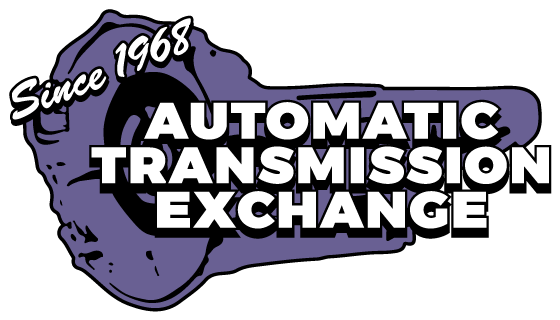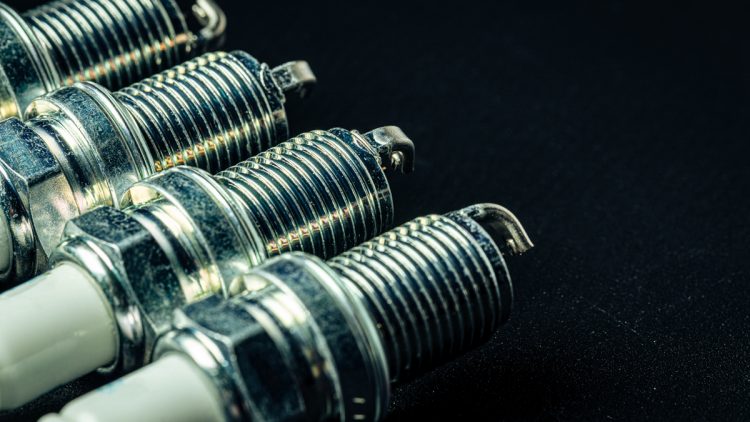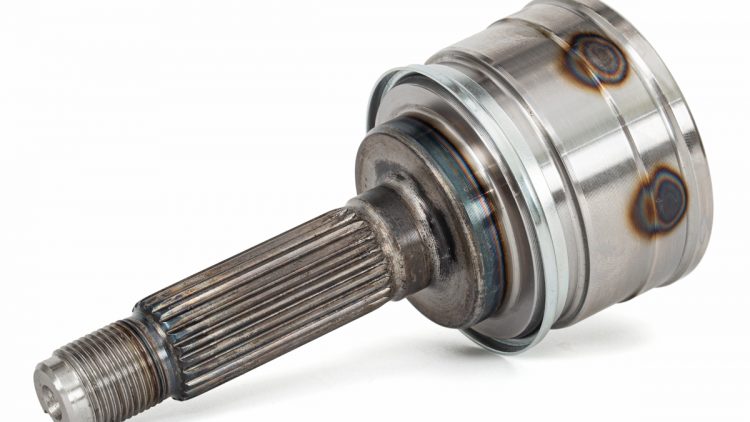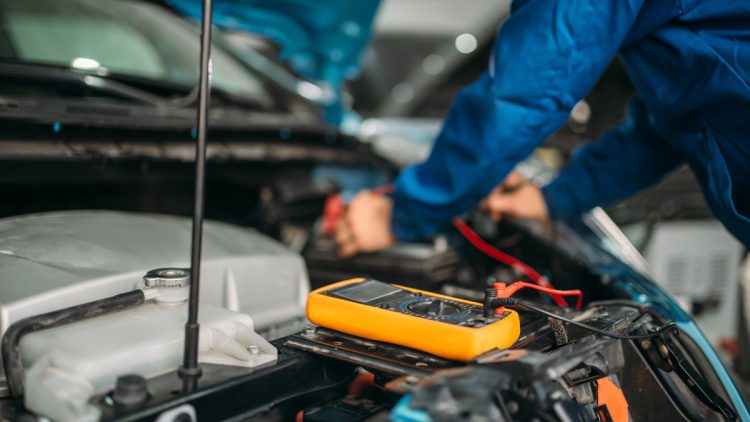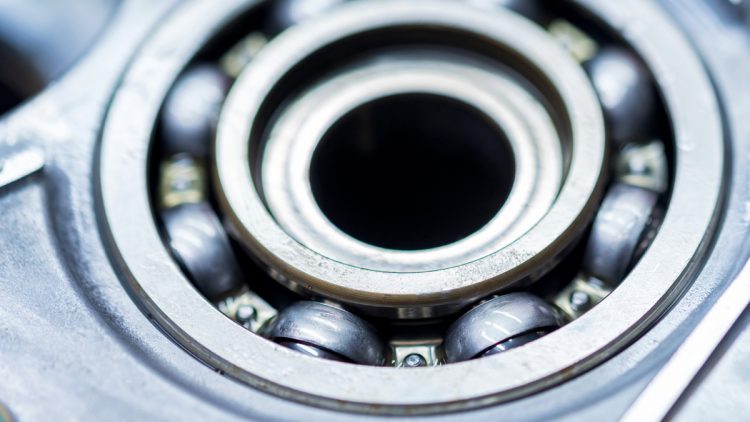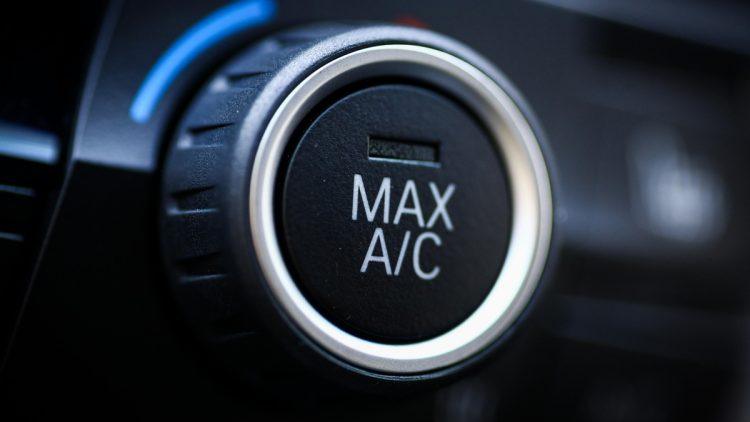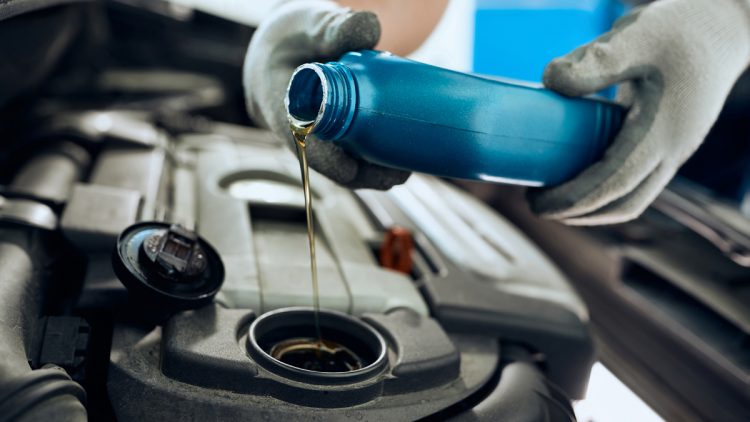2026 Drive Shaft Replacement Costs Phoenix
If your automobile shakes, makes noise, or feels unstable when you speed up, it might be because the drive shaft is worn out. In 2026, it will cost between $450 and $1,200 to replace a drive shaft in Phoenix. This depends on what kind of automobile you have and if you need a CV axle shaft, a front axle shaft, or a rear axle shaft. Usually, smaller front-wheel-drive vehicles cost less, but trucks, SUVs, and performance cars cost more since they have more parts and take longer to produce.
The typical hourly compensation for workers in Phoenix is between $120 and $160. It normally takes one to three hours to fix a drive shaft. The parts themselves might cost anywhere from $200 to $700, depending on the quality and if you choose OEM or high-quality aftermarket parts.
Signs That Your Drive Shaft Might Be Broken
Some frequent warning signs are shaking when driving, especially at high speeds, clunking noises while shifting gears, trembling when speeding up, or squeaking noises emanating from under the car. In Phoenix, where cars often go very fast on I-10 or Loop 101, these signs may pop up quickly.
If you don’t pay attention to these warning signs, you might inflict much more damage, such placing stress on the gearbox or altogether losing power to the wheels.
Why the Weather in Phoenix Is Important
When it comes to driveline parts, Phoenix has its own problems. When it’s very hot in the summer, grease in CV joints and bearings can wear off faster. Over time, this wears things down by making them stick together more. Desert roads can also let dust and dirt into worn seals, which can hurt the parts inside even more.
Also, a lot of people in Phoenix drive trucks and SUVs, which are bigger and have more power, so they put more stress on the drive shafts. It’s hard on parts to drive on the highway and in stop-and-go traffic, so they break down faster.
Schedule Your Drive Shaft Inspection Today
If you have noticed strange sounds, vibration, buzzing noises from your engine, do not delay before a small problem turns into a big problem. Auto Trans Exchange is the one place stop people all over the Phoenix Valley trust to help them with all their automobile engine problems and concerns. Call us today to make an appointment and we will get you back on the road safely and smoothly!
Transmission Service, Repair, & Replacement Services in Phoenix, AZ
We offer a full range of auto transmission repair and replacement services from automatic transmission to manual transmission to the entire Phoenix Metro area.
*Disclaimer – This is not an actual quote. Your transmission repair or replacement cost could be different than the prices you see on this guide. The only way to get an actual estimate is by searching for transmission repair and replacement shops near you. Contact Automatic Transmission Exchange if you are in the Phoenix area and need transmission repair or replacement.
